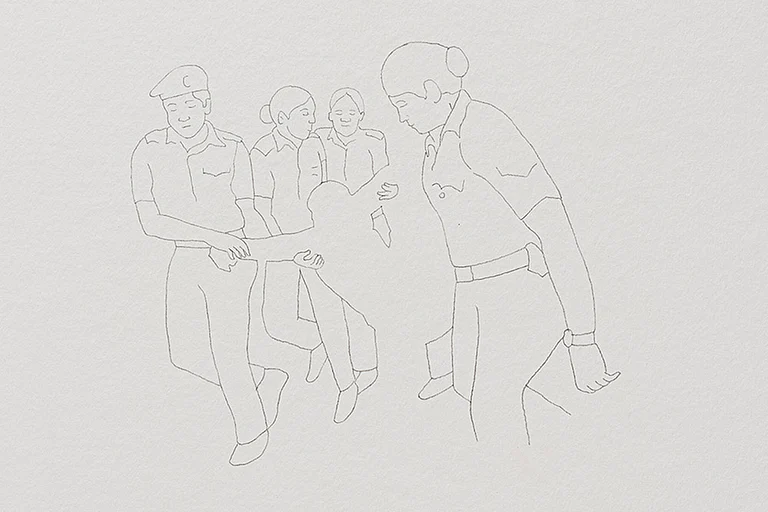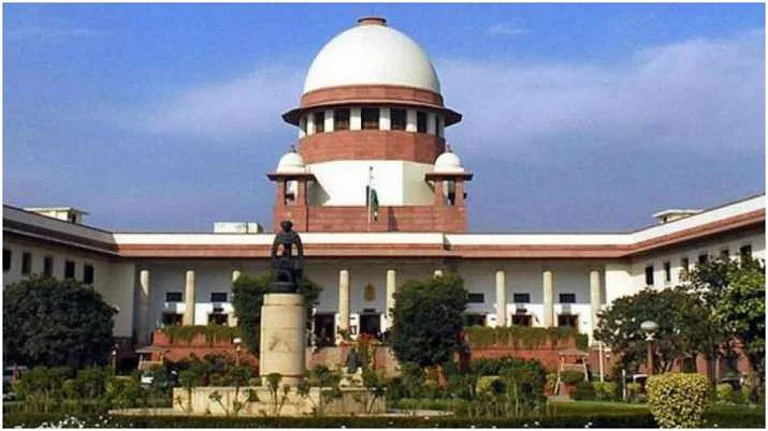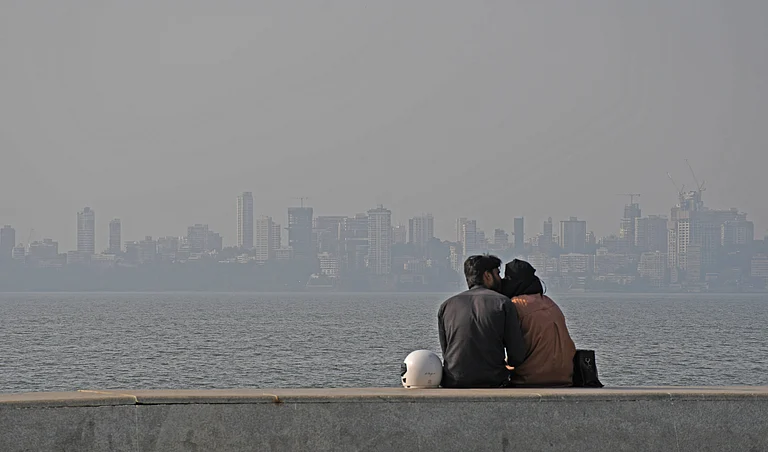Crime has no gender and neither should our laws. Since people of all genders commit crimes, punishment provided under law should extend to all the criminals equally, irrespective of their orientation.
Genderless Society is a Touchstone of Constitutional Rights
Section two of the Indian Penal Code (IPC) says, “Every person is liable to punishment under this code for every act or omission for which he shall be held guilty in India”. The language of this section makes it clear that there should be equal punishment imposed upon all genders and every offence created under this code must be gender neutral in nature. Moreover, section eight IPC lays down that pronoun “he” and its derivatives can be used for any person, whether male, female or others and section 10 defines “man” to be a male human being of any age and a “woman” to be a female human being of any age. Thus, man and woman are treated as human beings first and then associated with their respective genders.
And from this we can surmise that the definition of rape as provided under section 375 IPC [and section 63 in the Bharatiya Nyaya Sanhita 2023 (BNS)] is a direct violation of right to equality and equal treatment as provided under Articles 14 and 15 of the Indian Constitution. The court has time and again tried to enforce the constitutional rights of citizens on the touchstone of a gender-neutral society. Keeping in mind the ethos of our constitution, laws must be created in such a manner, that they impose an equal burden as well as benefit on all genders.
Male Victims of Sexual Offences Face Stigma and Lack of Legal Recourse
A 2018 study by the Centers for Disease Control and Prevention (CDC), a US public health agency, revealed that 24.8 per cent of American men experienced seual violence in their lifetime. It also said that 25 per cent of male victims of rape and assault were between the ages of 11 and 17.
In India, too, a 2007 study by the Ministry of Women and Child Welfare, supported by United Nations Children’s Fund on child abuse reported that more boys were targets of sexual abuse than young girls – with 57.3 per cent of child sexual assault victims being boys and 42.7 per cent being girls. In a November 2020 study in Kerala by SP (Railways) and a commandant of a women’s police battalion found that boys were victims of sexual abuse in 17 per cent of cases, and in several of these incidents, at the hands of women.
No such study on adult male victims exists in India, though according to the National Crimes Records, in 2022, section 377 IPC made up 0.1 per cent of crimes. This could be due to underreporting as male victims avoid reporting such cases under the fear of the societal stigma.
Patriarchy has convinced men that being biologically stronger than their female counterparts mean they must be invincible. Often, men don’t report sexual violence due to the misplaced idea that no one will believe, and on the other hand due to persisting society stigma for same-sex relations. One of the biggest hindrances behind poor reporting of such cases is due to the lack of legislations and awareness regarding it.
According to the Refugee Law Project, there are around 62 countries where male rape victims are not recognised and no justice is available to them. With the introduction of BNS, in which there is no equivalent section to section 377IPC that used to criminalise rape of males and animals, India has joined these 62 countries. Rest all the sexual offences prescribed under this code are gender specific in nature. Hence men do not have access to the proper remedy under this code due to the gender biases prevailing in the society.
The Law Commission in its 172nd report passed in 2000 recommended a proposal to replace the word “woman” with “person” to cover all victims. This proposal was accepted by the Central Govt in 2012, as a result of which the Criminal Law (Amendment) Ordinance was formulated in February, 2013 to adopt a gender-neutral definition of rape but as soon as this ordinance was notified by the Government, strong objections were raised by the feminist groups, as a result of which the Criminal Law (Amendment) Act which was passed in 2013 reverted to the original definition of rape which considers the perpetrator to be a man and the victim to be a woman.
In India, various legislations have been enacted which aim at protecting women from instances of sexual abuse and harassment. One of such acts is POSH Act i.e., Sexual Harassment of Women at Workplace (Prevention, Prohibition and Redressal) Act, 2013, which has been enacted to protect women against any kind of sexual harassment faced at workplace. The act fails to fulfil its purpose of promoting equality and diversity, as it discriminates against other genders by not allowing them to raise complaints. Hence, the act does not allow the employers to draft an organisational policy which is gender neutral. To protect other employees in the organisation, separate policies need to be drafted which are independent of the POSH Act.
The POCSO Act on the other hand, which talks about Protection of Children from Sexual Offences, has adopted gender neutral laws for protecting rights of both males and females, by defining the term “child” as any person under 18 years of age. However, under POCSO, the maximum crime against a boy is sexual assault- which carries a lesser punishment and fine than the crime of raping an underage girl.
Transgender Community Left More Vulnerable
With the passage of time, India now along with recognising men and women, has also legally recognised transgender people and bestowed them with the same fundamental and constitutional rights. The case of NALSA vs UOI also played a huge role in this respect. But ironically, though they have been recognised as third genders, there is still a huge lack of gender-neutral laws for sexual offences.
The ill-treatment of the transgender people and lack of laws for them, violate their rights under Articles 14 and 15(3). Article 15(3) lays down that, “nothing in this article shall prevent the State from making special provisions for women and children.” This exclusively indicates that, special laws shall be made only for women and children, and men and transgender people shall not be given this privilege. Section three of the Transgender Persons (Protection of rights) Act, 2019, provides for prohibition of discrimination against transgender persons. Transgender people also fall under the category of “persons” and hence are entitled to choose their sexual partners and have their own sexual identity. They have the right of refusal against forced sexual intercourse and have the right to consensual sexual intercourse.
The plight of the transgender communities is often overlooked. But, the movements such as MeToo and MenToo, led to increased awareness and the need for inclusive laws for sexual offences, including men and transgender people.
Various documents in India have pointed out the sexual and physical violence faced by transgender people. They have always been victims of sexual offences, with no laws to protect them against it. Some of these offences are; sex trafficking, rape, sodomy, stalking, sexual harassment at workplace and other similar offences. Currently, there are no laws in BNS to deal with these crimes.
While the term transgender has been defined under the BNS, there has been no specific mention of them in provisions relating to rape. Another offence which has become gender neutral is the offence of procurement of a child, which replaces the old provision under section 366A IPC which confined the offence to the procurement of a minor girl by deceitful means. Apart from that, the offence of adultery which has been defined under section 497 IPC has also been scrapped off on the ground of creating unreasonable distinction between men and women.
In the current times with the changing scenarios, it is wrong to presume that, it is only the cis-women who are the victims of certain offences under the IPC, as such offences can equally victimise other genders as well.
(Rishi Malhotra is Supreme Court lawyer with 25 years of experience in criminal law including with pre-mature release of convicts and different social causes emanating from the Indian criminal justice system.)






















